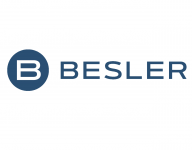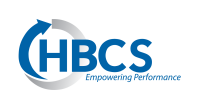The COVID-19 outbreak is radically transforming healthcare. And it is leaving potential communication vacuums in its path. Physicians are either overwhelmed with too much incoming information from too many sources or may feel like they are on an island, not knowing where to turn.
Here’s where physician associations can play a key role. Physician Performance LLC (PPLLC) is a 2,900-member physician organization in eastern Massachusetts that is a federation of many different types of provider groups, including a large faculty practice, community health centers, solo and small group independent practices, and IPAs. While hospitals in our area are staying focused on COVID-19 testing, securing equipment, and developing plans for a potential surge of cases next month, PPLLC is working with physicians in its organization, more specifically those that are independent community-based practices, to help keep them up-to-date on the latest information and resources regarding the COVID-19 crisis.
We have created a weekly Zoom meeting Clinical Call as one way to easily solve the communication chasm. Practices are invited to join the meeting by phone or video to hear updates from emergency care, pathology, internal medicine/primary care, and other specialty care leaders in the organization. Our first Zoom Clinical Call centered around best practices for triaging patients, the latest resources available for COVID-19 testing, and new patient flows for those needing emergency room and urgent care services. We talked about how to safely donate blood, and requested donations of supplies from practices that were moving to telehealth and no longer needed them in their offices. And as the pandemic accelerated, our guest presenters tackled another essential topic on a more recent call: palliative care.
At PPLLC, we have amazing palliative care specialists; however, we also realize that over the next several months, many of our doctors will be faced with the heart-wrenching reality of taking on that role for many more patients than they normally would who must confront end-of-life decisions. Being able to provide our community physicians with a primer on how to take on this role, along with the ability to send chat questions to the present and have them answered in real time, allowed our physicians to better understand how to address these difficult conversations, so that over the course of the next weeks to months, their patients will get the care they want, in the most dignified way possible.
We will continue to hold these weekly Clinical Calls, as we have seen the benefits that increased communication brings. And the palliative care discussion highlighted just how important these Clinical Calls have become, allowing physicians to share knowledge and best practices in a time of acute crisis for the betterment of patient care.















